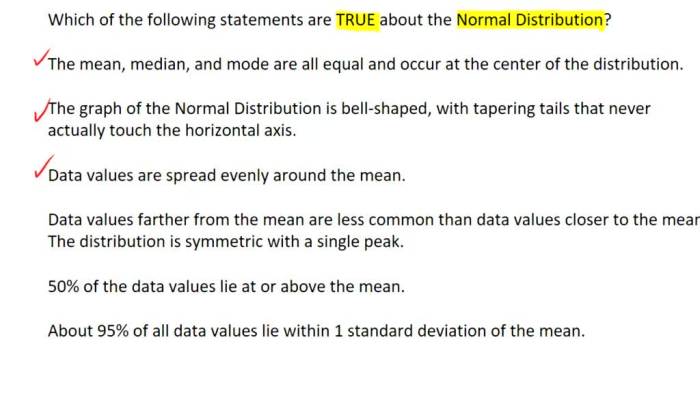Which statements about humidity are true check all that apply – Humidity, a crucial atmospheric component, plays a significant role in our environment and well-being. This article explores various statements about humidity, examining their validity and providing a comprehensive understanding of this intriguing phenomenon.
Humidity affects temperature, cloud formation, and precipitation, influencing weather patterns and the Earth’s climate. It also impacts human health, product quality, and plant growth, making humidity control essential in various industries.
Humidity and its Measurement: Which Statements About Humidity Are True Check All That Apply

Humidity refers to the presence of water vapor in the air. It plays a crucial role in atmospheric processes and has significant implications for weather patterns, climate, and human well-being.
Measuring humidity is essential for understanding its impact on various aspects of the environment and human health. Two common methods used to quantify humidity are relative humidity and absolute humidity.
Types of Humidity
- Absolute Humidity:Absolute humidity represents the actual amount of water vapor present in a given volume of air, typically expressed in grams per cubic meter (g/m³).
- Relative Humidity:Relative humidity indicates the ratio of the actual water vapor content in the air to the maximum amount of water vapor that the air can hold at a given temperature, expressed as a percentage.
- Specific Humidity:Specific humidity is the ratio of the mass of water vapor to the mass of dry air in a given volume of air, expressed in grams of water vapor per kilogram of dry air.
Effects of Humidity on the Environment, Which statements about humidity are true check all that apply
- Temperature Regulation:Humidity affects the temperature of the air. Higher humidity levels can make the air feel warmer, while lower humidity levels can make it feel cooler.
- Cloud Formation:Humidity is directly related to cloud formation. As the air cools, it can no longer hold all the water vapor it contains, causing the water vapor to condense into clouds.
- Precipitation:Humidity plays a role in determining the type and intensity of precipitation. Higher humidity levels can lead to more frequent and heavier precipitation, such as rain or snow.
Q&A
What is the difference between relative humidity and absolute humidity?
Relative humidity measures the amount of water vapor in the air relative to the maximum amount it can hold at a given temperature. Absolute humidity measures the actual amount of water vapor in the air, regardless of temperature.
How does humidity affect human health?
Optimal humidity levels are crucial for respiratory health and comfort. Excessive humidity can lead to mold growth and respiratory problems, while low humidity can cause dry skin and irritation.


